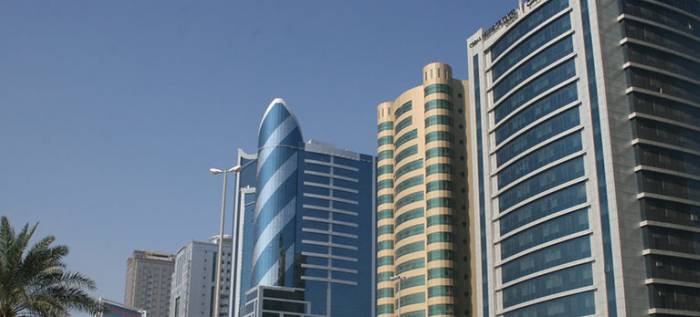RAK Offshore Company Registration: Your Gateway to International Business
Looking to expand your business globally and benefit from a stable, tax-efficient jurisdiction? RAK offshore company registration offers a compelling solution. Located in Ras Al Khaimah, the second Emirate to embrace the offshore model, RAK provides a reputable and well-regulated environment for international businesses.
Why Choose RAK for Offshore Company Registration?
RAK offshore companies are popular for a variety of reasons, including:
- Tax Optimization: Enjoy significant tax advantages, including zero corporate tax and no personal income tax.
- Asset Protection: Safeguard your assets from potential liabilities and legal claims.
- Confidentiality: Benefit from a high degree of privacy and confidentiality in your business dealings.
- Ease of Formation: The RAK offshore company registration process is streamlined and efficient, allowing you to get your business up and running quickly.
- Global Reach: Establish a presence in a strategically located jurisdiction with access to international markets.
- Reputable Jurisdiction: RAK is a well-respected and stable jurisdiction, providing credibility to your business.
The 2nd Emirate of Offshore Role:
Ras Al Khaimah’s position as the 2nd Emirate of Offshore role in the UAE underscores its commitment to providing a robust and attractive offshore business environment. This experience translates into a well-defined legal framework, efficient regulatory processes, and a supportive infrastructure for international businesses.
Getting Started with RAK Offshore Company Registration:
Navigating the RAK offshore company registration process can be complex. It’s crucial to partner with experienced professionals who can guide you through each step, including:
- Company name selection and reservation
- Preparation and submission of required documents
- Liaison with the RAK authorities
- Assistance with bank account opening
RAK offshore company registration offers a compelling opportunity for businesses seeking tax optimization, asset protection, and global expansion. As the 2nd Emirate of Offshore role, RAK provides a stable and reputable environment for international business. Contact us today to learn more about how we can help you establish your RAK offshore company.
******
If you are interested in RAK offshore company registration our team will be happy to help you there and provide you with more detailed information, you can contact us at [email protected]

RAK offshore company registration
Related pages:
- RAK Offshore Company Formation
- RAK Free Zone Company
- RAK offshore company registration
- RAK Offshore International Company
- RAK Free Zone Company Formation
- Offshore company RAK free zone
- UAE RAK & Dubai Company registration!
- Benefits of RAK offshore company
- Advantages to setup your business with RAKIA
- Foreign Business in RAK Free Trading Zone
- Benefits of Starting an Offshore Company in RAK
- An offshore company in RAK – What You Must Be Aware of?
- RAK Offshore Company
- Emirates Zone


